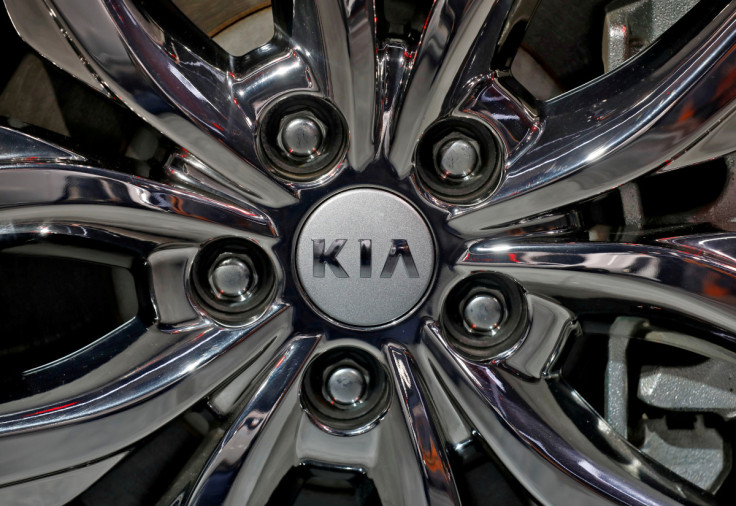KIA Motors Is Using Fishing Nets And Vegetable Oils To Create Sustainable Cars
Kia Motors, is using natural oils, recycled plastic bottles, vegan leather and discarded fishing nets as it paves the way for the production of sustainable vehicles.

Kia Motors, South Korea's second largest automobile manufacturer, listed below its parent company, Hyundai Motors, has put drastic efforts into becoming a brand that puts sustainability at the forefront of its products.
According to Kia Motors, its new and innovative EV9 model will pave the way for the production of sustainable vehicles.
Alluding to its sustainable movement, the Kia Motors website welcomes its customers with the slogan: "Innovation inspired by nature."
"Let's move towards a more sustainable future together," the production firm continued.
The automobile manufacturer also said that it plans to incorporate the sustainable materials used to create the EV9 model into other models like the EV6, which launched in the summer of 2021.
Kia's sustainable revolution will focus on creating vehicles with recycled materials, including natural dyes, discarded fishing nets, bioplastics, vegan leather, polyurethane foam, biological paint and recycled paper and plastics.
The South Korean car producer recognised that it is using sustainable materials that will soon become essential components for cars in the future, due to the current climate crisis.
Kia Motors said that it will use natural dyes, sourced by the roots of walnut shells and rubiaceous plants. The sustainable material will be used to decorate recycled cotton fibres in a range of colour shades.
Using old fishing nets that have been found in oceans, the car manufacturer said that the material would not only be put towards creating floor mats, but it would also help address the negative impacts of discarded nets on marine life.
To replace its original leather seats, made from animal leather, Kia Motors said that it would use biopolyurethane for its interiors instead. Biopolyurethane, which contains plant-based elements, will provide passengers with comfort and good grip.
The sustainable biopolyurethane interior materials will also help to cut down on carbon emissions.
For the seats, Kia Motors said that it will use vegan leather, already used in its Kia Niro model, to further lower its carbon footprint.
Using recycled paper and plastic bottles, the roof of the Kia vehicle will be lined with paper fibre. Kia Motors already used this sustainable roofing method, seen in its Kia Niro vehicle, which is lined with a 56 per cent recycled paper fibre.
Reusing paper materials will make for less deforestation and decreased production of cellulose.
Recycled plastic bottles can be used to create sound insulation, the car manufacturer said. The discarded plastic will be used in the rear of the Kia EV9 model, to allow passengers to safely transport personal goods in the boot of the car – including delicate objects and pets.
The use of other plastic materials that have been recycled into car parts, will make for a healthier environment. Reusing plastic products also ensures that they don't end up in landfills and reduces the demand for new plastics.
While biological paint has its limitations, with a prominent focus on sustainability Kia Motors has vowed to use the paint. Biological paint has been proven to be more environmentally friendly, compared to that of a paint that contains petroleum.
The paint will be sourced from rapeseed oil, reports note.
The South Korean car manufacturer has also pledged to use polyurethane foam in its new vehicles. Polyurethane foam us a sustainable element that has been used to create the headrests of the EV9 model.
The foam boasts high durability and compression capacity, providing passengers with a comfortable journey.
Kia Motors also recognised the importance of biomass plastics, often made from renewable sources like sawdust, vegetable extracts, vegetable oils and sugarcanes.
Using biomass plastics to form dashboards and other structural elements, will limit the reliance on fossil fuels.
While the switch to bioplastics threatens the jobs of employees in the fossil fuel production process, biomass plastics reduces worker exposure to harmful chemicals.
© Copyright IBTimes 2025. All rights reserved.






















